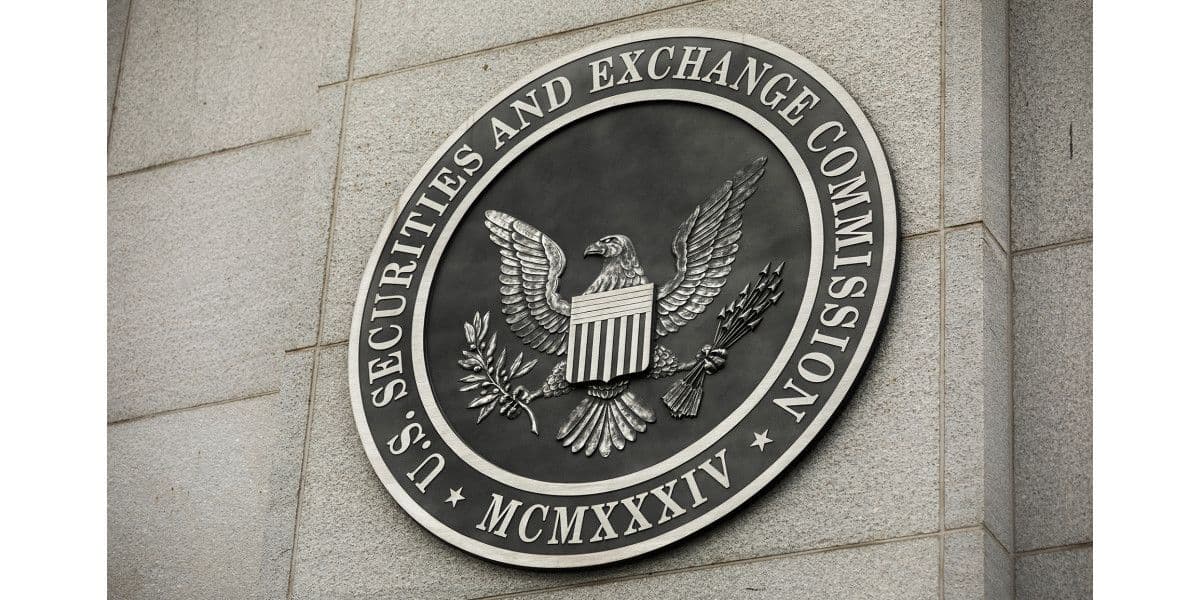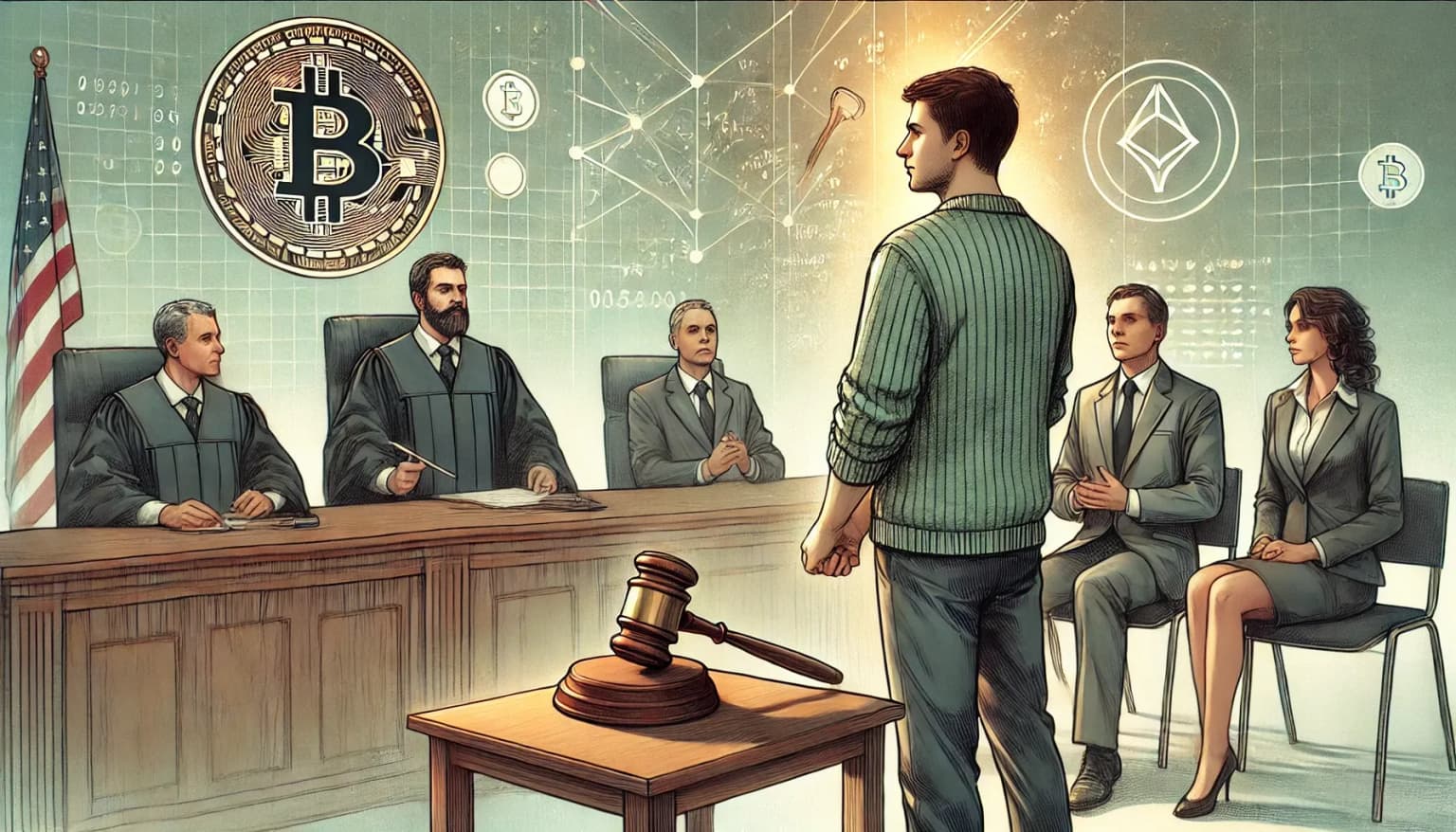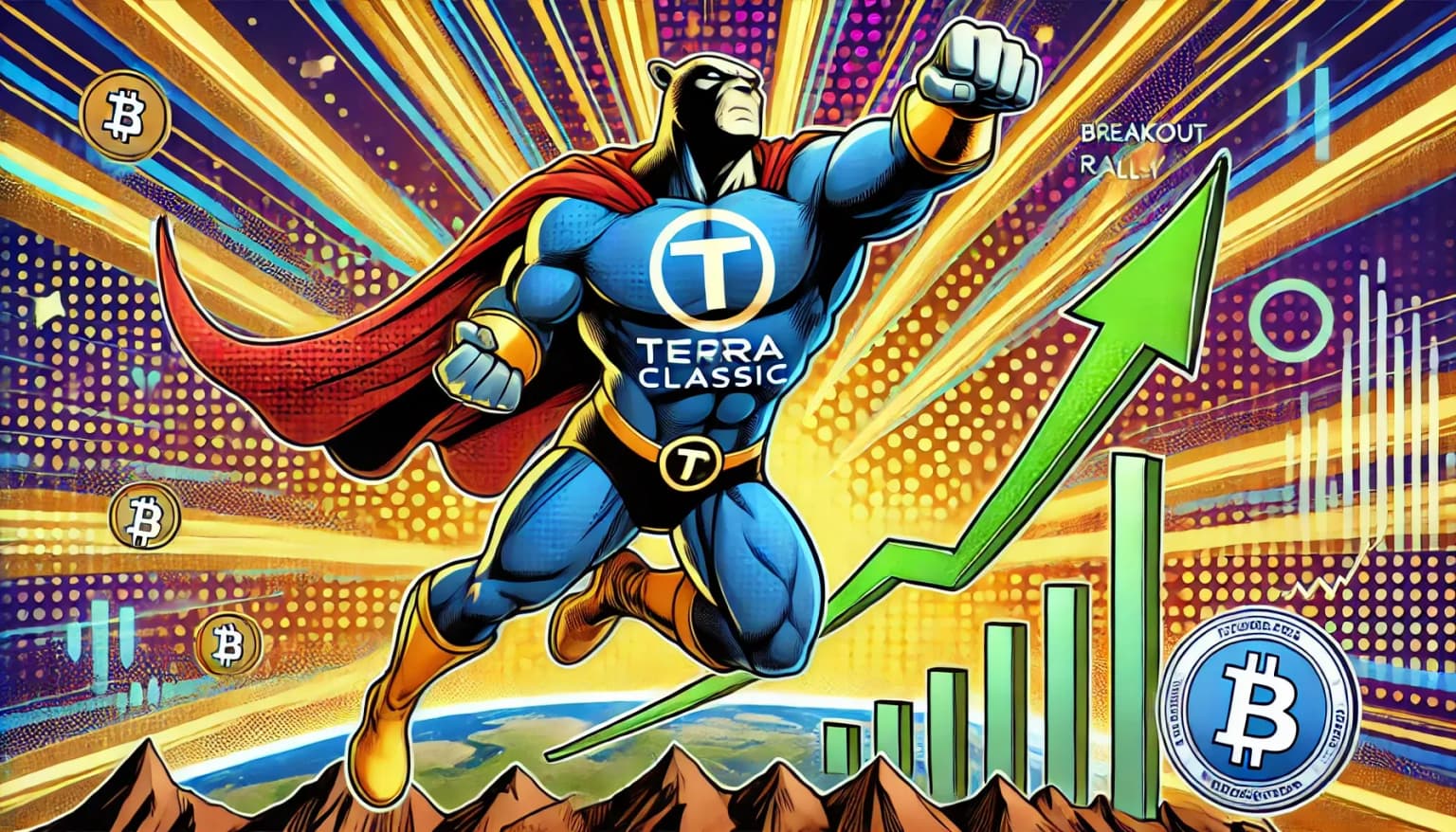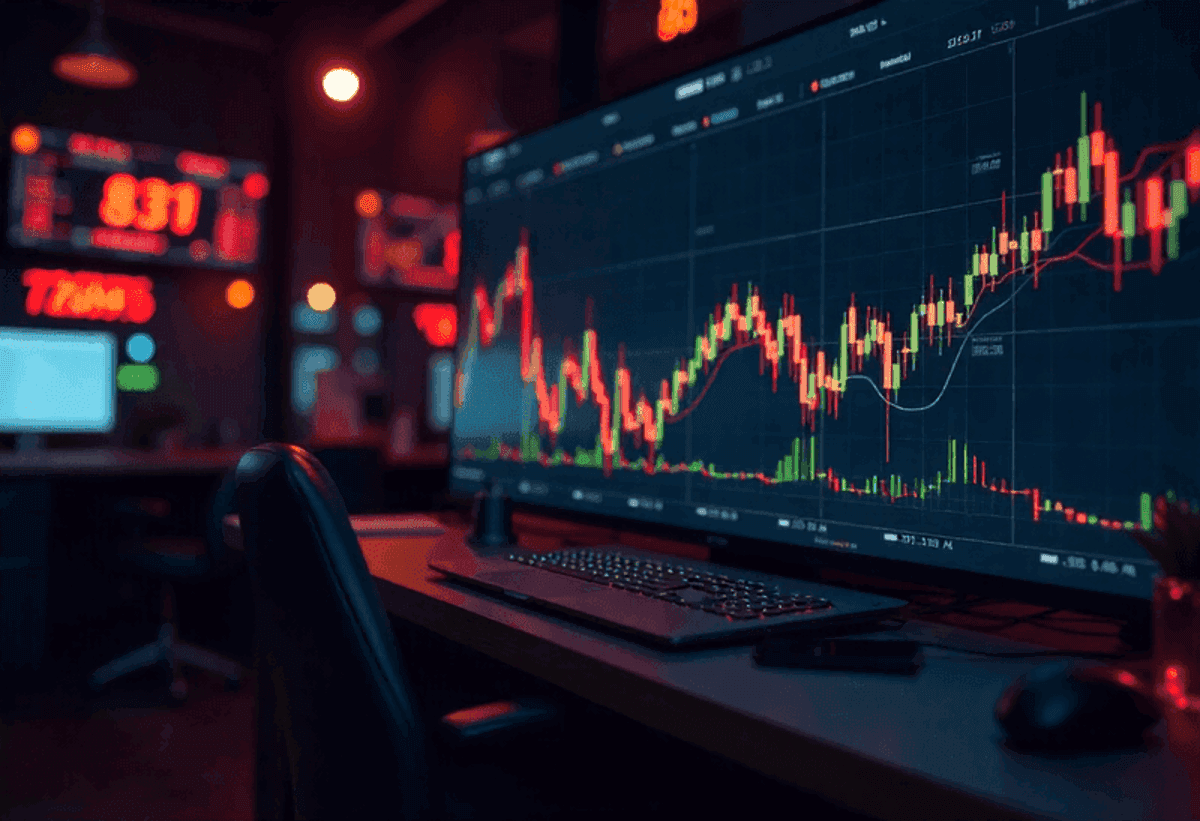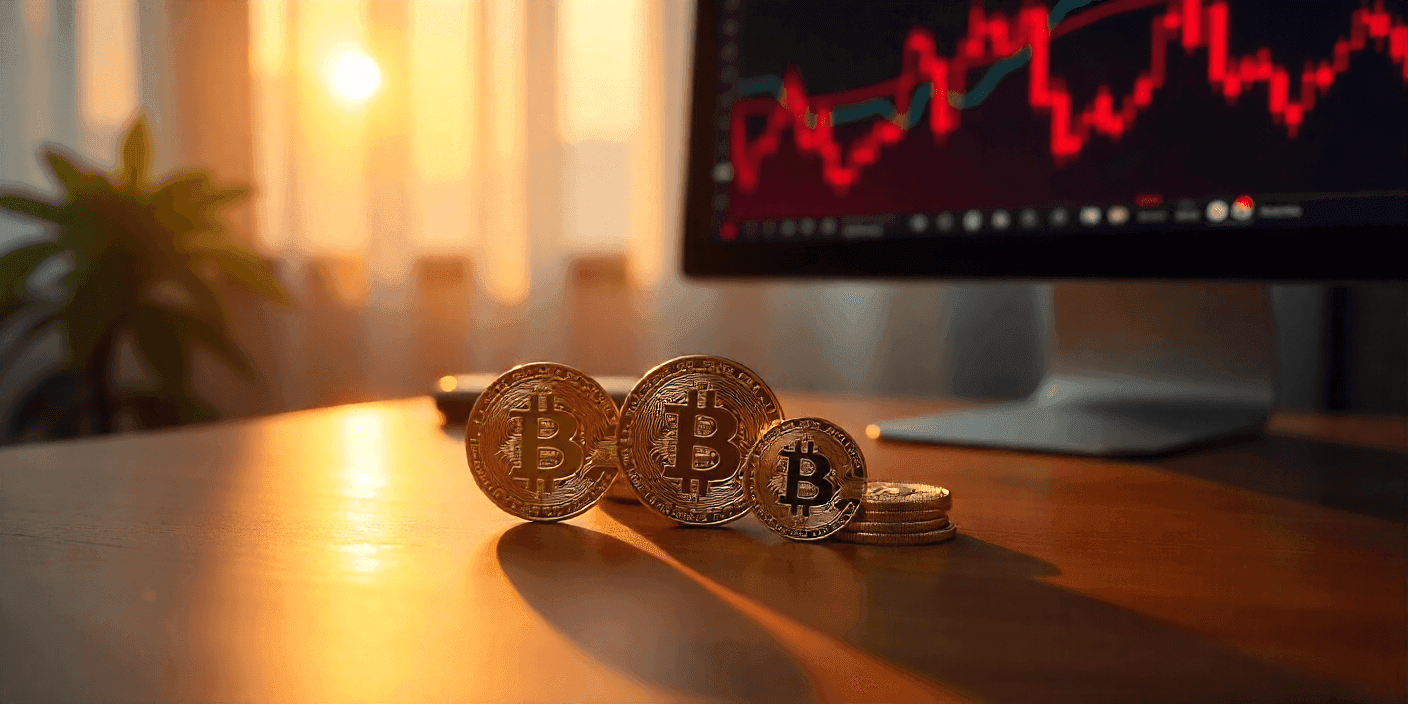Do Kwon Asks Court for 5-Year Prison Cap in Terra Fraud Case
Do Kwon wants his prison time capped at five years for the $40 billion Terra collapse, arguing he acted out of hubris and desperation.
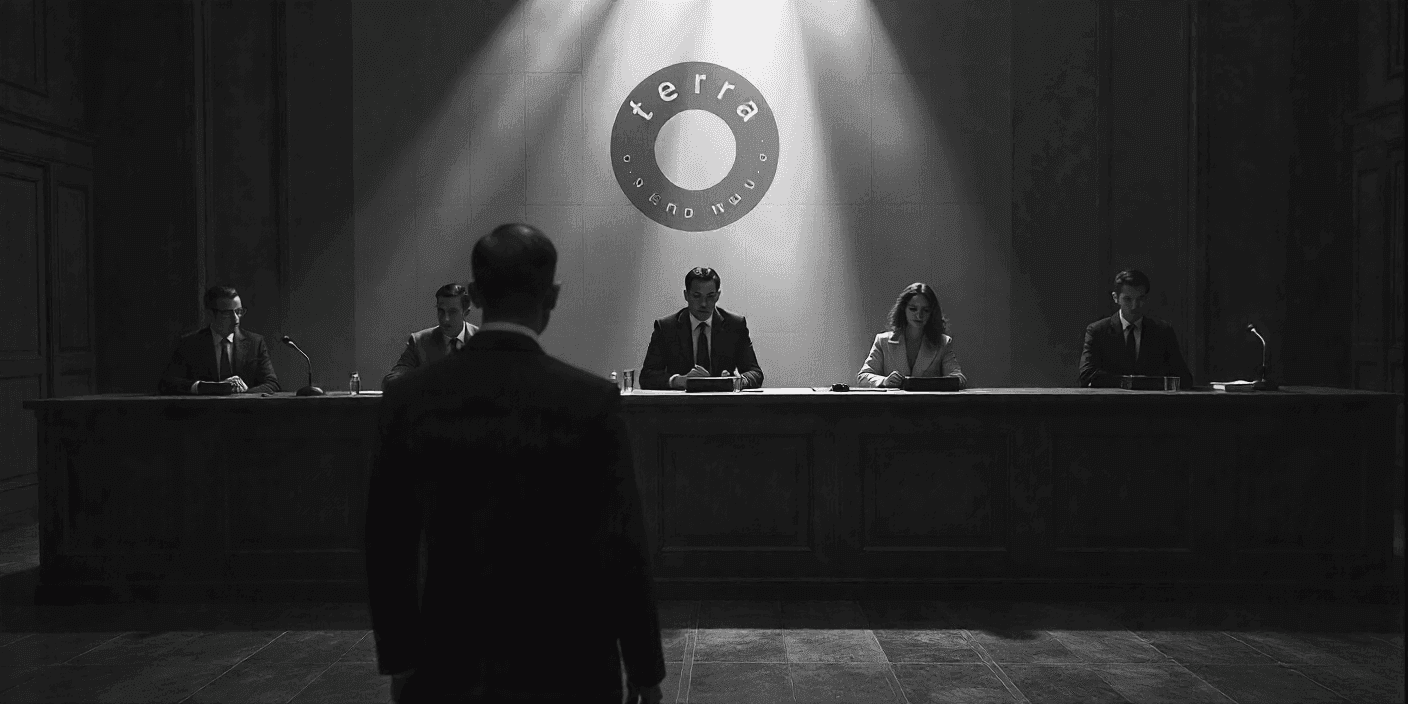
The Do Kwon story has been unfolding like a slow-burning disaster for nearly three years, and this latest chapter shows just how high the personal stakes have become. With his sentencing around the corner, Kwon is trying to persuade a U.S. court that five years behind bars is enough punishment for his role in one of the largest collapses in crypto history. What follows is a clear look at what he is asking for, why he’s asking for it, and how the court might view his arguments.
Why Is Do Kwon Requesting a Five-Year Cap?
Do Kwon and his lawyers have submitted a detailed 23-page letter asking the court to limit his prison term to no more than five years. Their argument leans heavily on proportionality. They claim the government’s offer to cap its recommendation at 12 years doesn’t fully account for the broader circumstances surrounding Terra’s collapse or Kwon’s actions since then. The defense paints Kwon as a young founder who spiraled under pressure, not someone who orchestrated a fraud for personal gain.
How Did the Terra-Luna Collapse Shape This Case?
To understand the request, you need to remember the scale of the fallout. Terra-Luna wasn’t just another crypto failure. It erased more than 40 billion dollars in market value and triggered a chain reaction that rattled the entire digital asset industry. Kwon pleaded guilty in August to two fraud-related charges tied to the May 2022 crash of Terraform Labs’ ecosystem, which included the algorithmic stablecoin TerraUSD (UST) and its sister token Luna.
The defense claims that external actors played a large part in the collapse through coordinated trades that exploited system vulnerabilities. They cite academic research and Chainalysis reports that suggest third-party firms may have helped accelerate the implosion. At the same time, they acknowledge Kwon’s undisclosed agreement with Jump Trading to quietly support UST’s peg a year earlier. That deal, they argue, was a mistake rooted in overconfidence and poor judgment, not a deliberate attempt to deceive investors for personal enrichment.
What Factors Is the Defense Highlighting?
Kwon’s lawyers are leaning on several points to sway the judge. First, they emphasize that he never profited personally from the crash. Instead, they say his decisions were shaped by ego and the kind of desperation that hits when a founder becomes overwhelmed by a runaway crisis. Second, they point to his nearly two-year detention in Montenegro, which included periods of solitary confinement, as evidence that he has already endured significant hardship.
That detention stemmed from his arrest in March 2023 for attempting to travel with a fake passport. He remained in custody until being extradited to the United States in December 2024. The defense argues that this time, combined with the intense public scrutiny he has faced, should factor into a shorter sentence.
What Legal Risks Does Do Kwon Still Face?
Even if the U.S. court accepts his plea for a five-year cap, the story doesn’t end there. Kwon still faces a separate trial in South Korea, where prosecutors are seeking a much harsher penalty: up to forty years in prison for the same allegations. His defense letter acknowledges this and frames it as another reason to avoid an excessively long U.S. sentence. The message is simple: whatever the American court decides, Kwon’s legal troubles are far from over.
The sentencing is set for December 11, and the crypto world will be watching closely. Kwon’s request doesn’t guarantee anything; it merely lays out the narrative his team hopes the judge will adopt. Whether the court accepts the five-year cap or opts for a longer term will depend on how it weighs the financial devastation, the admitted missteps, the alleged external manipulation, and Kwon’s own prolonged detention.
What this really means is that one of crypto’s most infamous legal sagas is nearing a major turning point. The question now is how much accountability the court believes is enough for a collapse that reshaped an entire industry.







